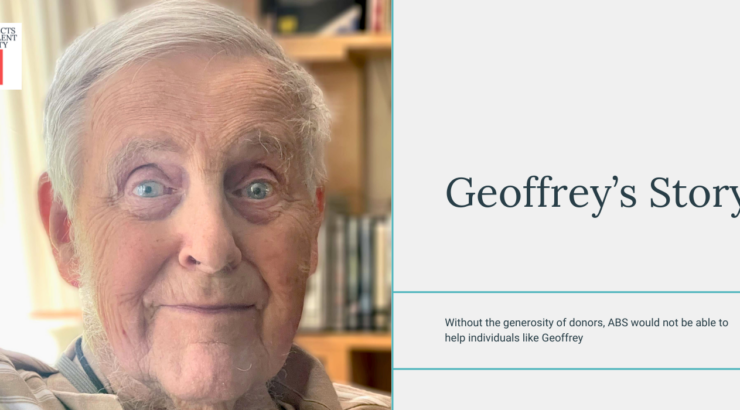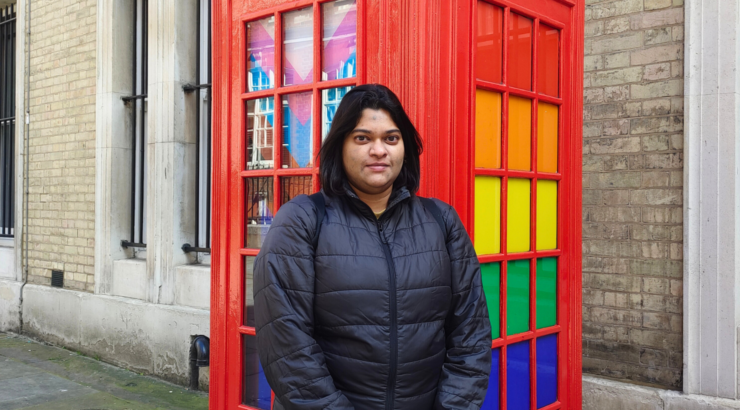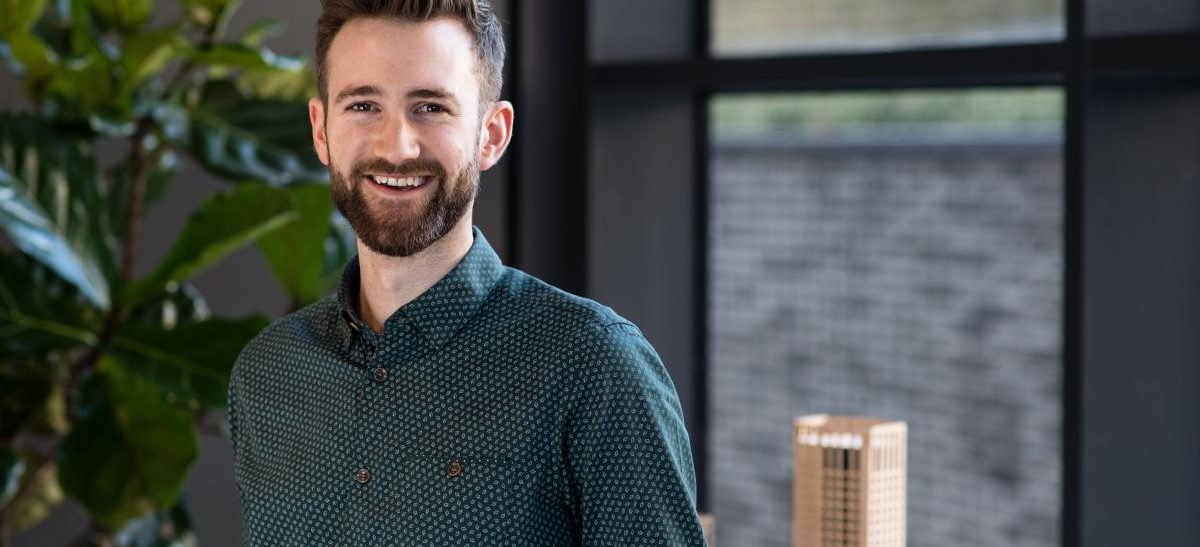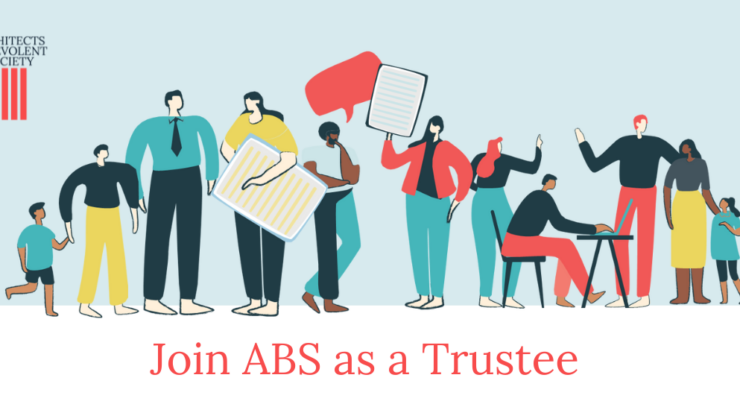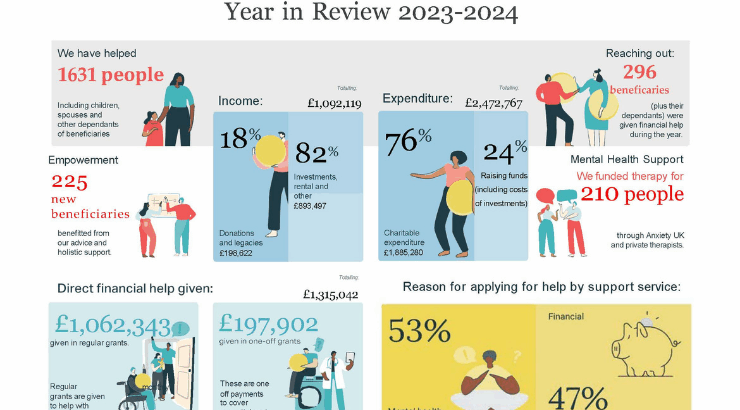Our ABS ambassador and the mindful architect Ben Channon explains his journey with mental health and his exploration of the practice of mindfulness. How he transformed from a sceptic to a practitioner becoming an ambassador for mental health within the architectural industry. Read more to hear his tips on beginning the practice of mindfulness.
“Over the past few years, it has been impossible to avoid the topic of mental health in both the national media and the architectural press. The AJ Student Surveys of 2017 highlighted the ubiquity of mental health issues in architecture, showing that around 1 in 4 students had received support for mental health problems. It was in response to this stark reality that John Assael and I co-founded the Architects’ Mental Wellbeing Forum later that year, offering guidance to architecture practices on mental health.
Given the impact that mental health problems are having upon some members of our profession, I wanted to use this as an opportunity to discuss a technique that can be used to support good mental health: mindfulness.
In my mid-twenties, I had a particularly difficult period with my own mental health, which thankfully I was able to overcome as a result of daily mindfulness practice and CBT (cognitive behavioural therapy) sessions. In fact, mindfulness has now been proven to be so effective at addressing certain mental health problems that it is widely recommended by the NHS.
At first, I was sceptical of mindfulness and found the first few sessions very challenging. Like taking up a new skill or hobby for the first time, training yourself up can be a tricky and laborious process. Your mind is no different. But after just a couple of weeks of daily 10-minute meditations, I noticed a dramatic difference, feeling calmer, happier and more grounded.
The scientific research substantiates my own personal experience with mindfulness. The empirics show that the practice of this form of meditation results in physical changes to the brain, including a reduction in the size of our amygdala – which is connected to our fight or flight response – and a strengthening of our prefrontal cortex, responsible for higher order brain functions such as decision-making and awareness. What’s more, I believe that at a very basic level, mindfulness forces us to unplug from phones, emails and all the external stimulation that we constantly subject our overworked brains to.
For these reasons, I believe everyone has something to gain from practicing mindfulness. It is far more than a tool to address poor mental health, but rather a method in which we can all thrive and achieve the very highest standards of personal mental health. To me, it is crucial that as a society we begin to frame mental health in this way too, remembering that it can be a positive that is worth celebrating, as well as negative that needs to be addressed.
While mindfulness is Buddhist in origin, it is now more accessible than ever. Apps such as Headspace and Calm offer a huge range of meditation exercises, and there are now mindfulness centres located throughout the UK, such as the Mindfulness Association, where I trained a few years ago. At Assael Architecture, we now run ‘mindful drawing’ sessions, which have been well received by staff.
Given how easy it now is to access this ancient technique, I would urge anybody with an interest in their mental wellbeing to download an app or buffer up a YouTube video and give mindfulness a go. Don’t be surprised if you don’t find it particularly easy the first time, but it doesn’t take long at all for most people to notice the benefits this exercise offers.”
———————————–
The Architects’ Mental Wellbeing Forum created a mental wellbeing toolkit earlier this year that we believe is a valuable resource. You can download your free PDF here.
